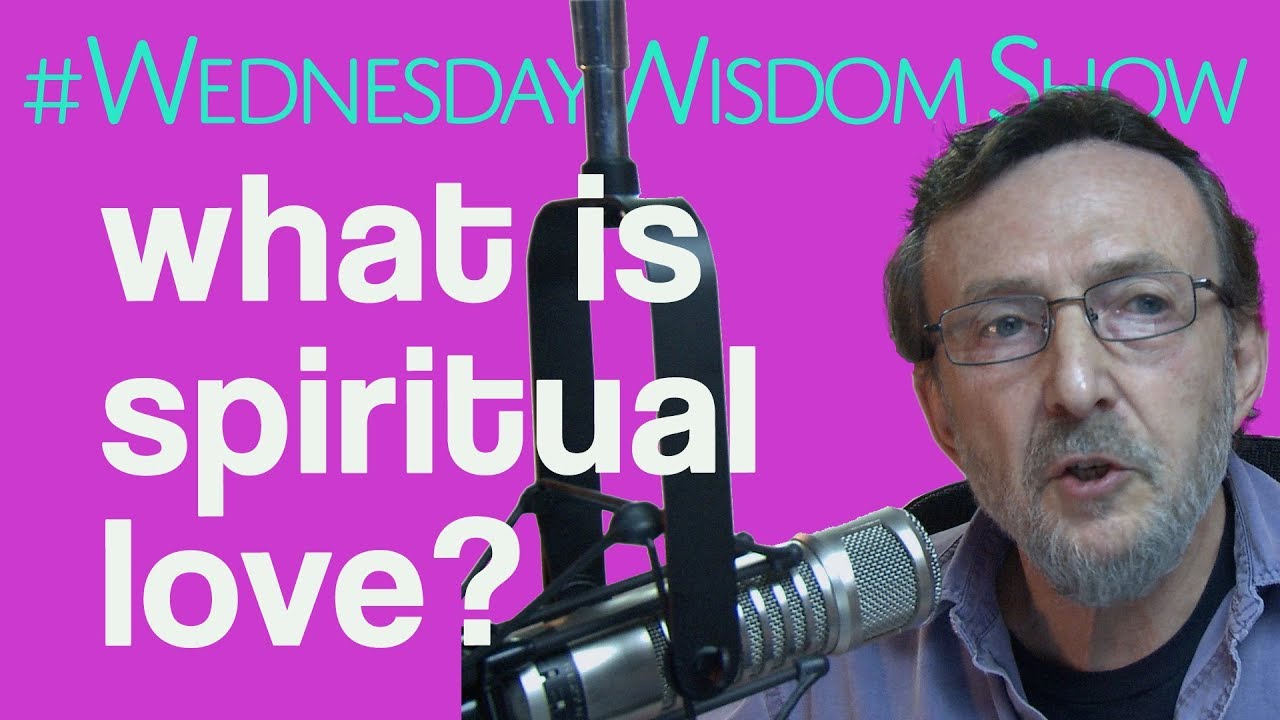GESHER Videos Curtos 2 As nossas fronteiras eticas
Summary
TLDRThis transcript delves into the ethical boundaries shaped by human nature's dichotomy between self-centeredness and altruism. It contrasts the animalistic, survival-driven aspect of the soul with the divine, transcendent part that fosters altruism. The discussion highlights how these two forces define our ethical choices, distinguishing between actions motivated by self-interest and those driven by genuine concern for others. The Jewish mystical perspective encourages striving for a higher ethical standard, transcending self-centered ethics to embrace altruistic actions for their own sake.
Takeaways
- 🤔 The script discusses the ethical boundaries between good and evil, and the human nature debate between being self-centered or altruistic.
- 🧐 It introduces the concept of the soul having multiple levels, which can be abstracted into two modes of operation: the animalistic and the divine.
- 🐾 The animalistic part of the soul is associated with self-centeredness and the instinct for survival, which is inherently self-focused.
- 🌟 The divine part of the soul transcends the self and connects us to the transcendent, divine aspect, which is the source of our altruism.
- 💭 The script suggests that both self-centered and altruistic tendencies are legitimate and part of our nature, and we have the capacity to choose which mode to operate in at any given moment.
- 🔄 The ethical boundaries are not just between good and evil, but also between actions motivated by self-interest and those motivated by altruism.
- 🤝 Altruistic actions are those that go beyond self-interest and are connected to a sense of justice or genuine concern for others.
- 🌐 The script contrasts Western culture's view of behavior as essentially self-centered with the Jewish mystical view that recognizes both self-centered and altruistic aspects in human nature.
- 💭 It emphasizes the importance of choosing actions that are not just good for self-centered reasons but are genuinely altruistic and connected to a higher ethical standard.
- 🕊️ The ultimate ethical concern should be the choice between actions driven by self-interest and those driven by altruistic reasons, aiming for a higher ethical plane.
Q & A
What is the main dichotomy discussed in terms of ethical boundaries?
-The main dichotomy discussed in terms of ethical boundaries is between good and evil.
What is the historical debate that runs parallel to the dichotomy of good and evil?
-The historical debate that runs parallel is about the nature of humanity, whether it is self-centered or altruistic.
How does the understanding of human nature influence ethical boundaries?
-The understanding of human nature as either self-centered or altruistic defines our ethical boundaries and how we perceive right and wrong.
What are the two modes of operation of the soul according to the script?
-The two modes of operation of the soul are the animal soul, which is self-centered and focused on survival, and the divine soul, which transcends self and connects us to the transcendent.
What is the characteristic of the animal soul's mode of operation?
-The characteristic of the animal soul's mode of operation is self-centeredness, driven by the instinct for survival.
How does the divine soul differ from the animal soul in terms of its mode of operation?
-The divine soul transcends self-interest and connects us to the transcendent, leading to altruistic behavior.
What does the script suggest about Western culture's view of human behavior?
-The script suggests that Western culture views human behavior as essentially self-centered, accepting the dominance of the animal soul.
In Jewish mysticism, what is the stance on whether humans are essentially altruistic or self-centered?
-Jewish mysticism suggests that humans are both self-centered and altruistic, with the ability to choose which mode of operation to use at any given moment.
What are the two ethical boundaries discussed in the script?
-The two ethical boundaries discussed are between doing good or bad for self-centered reasons and doing good for altruistic reasons.
How does the concept of charity differ in the context of Jewish mysticism?
-In Jewish mysticism, charity can be given for self-centered reasons, such as feeling good or expecting divine reward, or for genuinely altruistic reasons, recognizing the importance for the recipients and the act of justice.
What is the ultimate ethical boundary we should strive for according to the script?
-The ultimate ethical boundary we should strive for is to do good for altruistic reasons, rather than for self-centered motives.
Outlines

Этот раздел доступен только подписчикам платных тарифов. Пожалуйста, перейдите на платный тариф для доступа.
Перейти на платный тарифMindmap

Этот раздел доступен только подписчикам платных тарифов. Пожалуйста, перейдите на платный тариф для доступа.
Перейти на платный тарифKeywords

Этот раздел доступен только подписчикам платных тарифов. Пожалуйста, перейдите на платный тариф для доступа.
Перейти на платный тарифHighlights

Этот раздел доступен только подписчикам платных тарифов. Пожалуйста, перейдите на платный тариф для доступа.
Перейти на платный тарифTranscripts

Этот раздел доступен только подписчикам платных тарифов. Пожалуйста, перейдите на платный тариф для доступа.
Перейти на платный тарифПосмотреть больше похожих видео
5.0 / 5 (0 votes)






